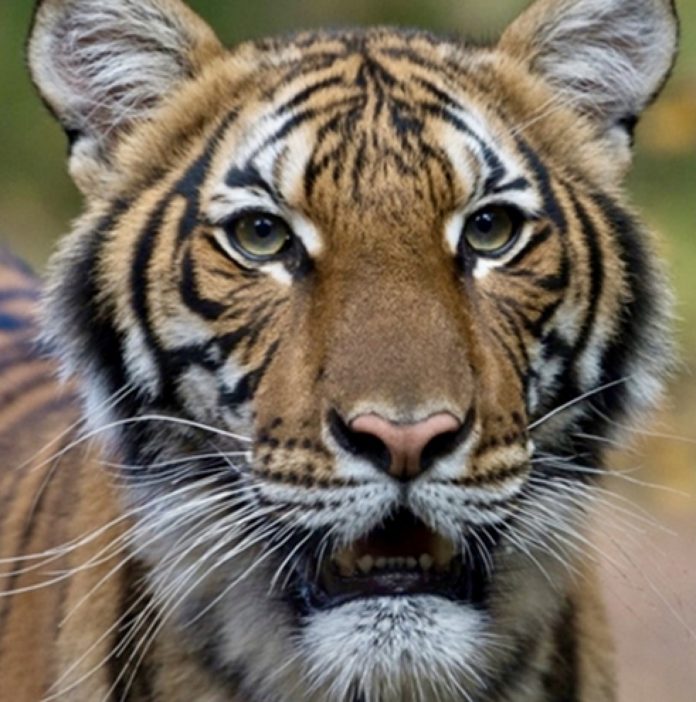
Update! WAN Talks With The USDA & Wildlife Conservation Society About Malayan Tiger Infected With COVID-19 After Being In Contact With Her Caretaker At The Bronx Zoo
By Lauren Lewis
You can help all animals and our planet by choosing compassion on your plate and in your glass. #GoVeg
RELATED ARTICLES
Banning Cruelty: New Legislation Aims To Ban Octopus Farming In The U.S.
New bipartisan legislation has just been introduced in the U.S. to ban commercial octopus farming and prohibit imports of farmed octopus from foreign countries.
The...
Outrage In Yellowstone! Grizzly Bear Killed By Wildlife Officials & Left With Head & Paws Cut Off
Photo by: Trisha McFarland / Cowboy State Daily
A photo of a dead grizzly bear with its head and paws cut off has caused an...
Inside Florida’s Illegal Horse Meat Trade: Undercover Footage Shows Racehorse Being Shot & Butchered
A heart-wrenching discovery of illegal horse slaughter has emerged, with video footage exposing the tragic killing of a racehorse named 'Funny Biz,' who was...
Popular stories
!! Coronavirus
Help End The Wildlife Trade: New Coalition Invites Global Community To Take A Stand Against Future Pandemics
Photo By: E. Bennett, Wildlife Conservation Society
The global trade in wild animals has produced conditions for disastrous and deadly pandemics, including COVID-19. That is...
News
Indiana’s Ban On Public Contact With Big Cats & Bears Went Into Effect This Month; Help Pass The Federal ‘Big Cat Public Safety Act’
Indiana’s new law prohibiting direct public contact with big cats and bears went into effect on July 1st. Implementation of the new law brings much...
Industry News
4 Suspected Rhino Poachers Arrested In Kruger National Park; A Total Of 11 Alleged Poachers Have Been Captured This Year
Four alleged rhino poachers were arrested in Kruger National Park this past weekend. This brings the total to 11 suspected poachers apprehended at different sections of...


